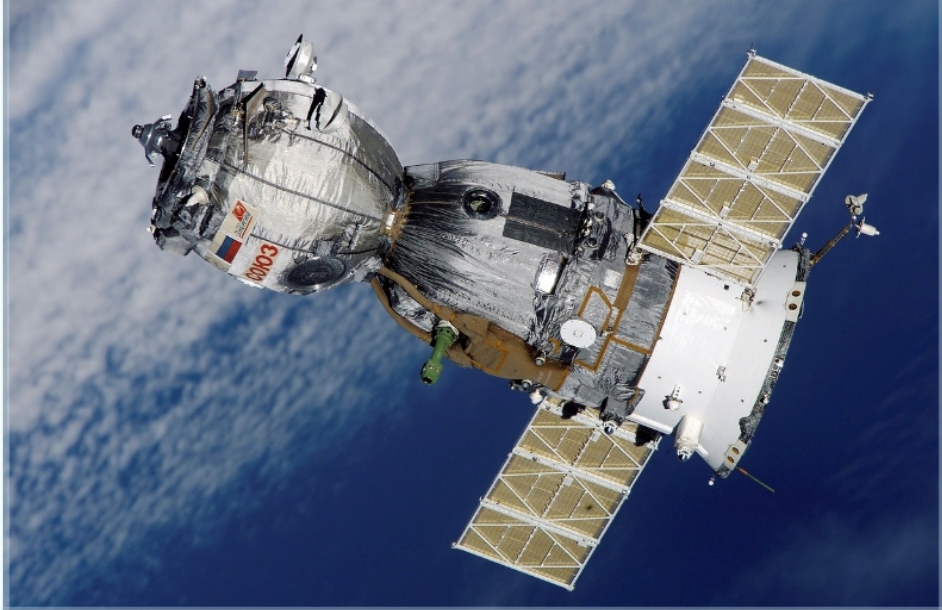
African countries are weaving their narratives in the grand tapestry of global space exploration and industry. From South Africa’s dynamic space programs to Nigeria’s ambitious satellite projects, the continent is making its mark in the celestial domain. With a veritable universe of possibilities all around, space exploration is becoming a real thing.
Africa’s Space Ambitions
Africa, often overshadowed in global discourse by the mammoth space budgets of NASA, ESA, or China’s CNSA, has a story that resonates differently. It is a tale not of unlimited resources but of indomitable spirit, innovation, and the vision to leverage space technology for sustainable development.
South Africa stands at the forefront of this movement. With its advanced infrastructure and a rich history of scientific pursuits, the nation has pioneered several initiatives that couple space science with societal needs. The South African National Space Agency (SANSA) encapsulates this vision, using space for everything from resource management to improving telecommunications.
But South Africa isn’t alone in its celestial aspirations. Nigeria, for instance, is making substantial strides. The National Space Research and Development Agency (NASRDA) in Nigeria has launched satellites and set a bold target: placing a Nigerian astronaut in space by 2030. Considering that NASRDA began its journey in 1999 with the launch of its first satellite built with foreign assistance, its progress is remarkable.
Beyond National Pride: The Practical Drive
Contrary to the narrative often portrayed, Africa’s drive to space isn’t solely about national pride or a symbolic presence in the stars. The practical implications are vast and grounded in the immediate needs of the continent’s populace.
Take satellite technology, for example. With vast landscapes and often challenging terrains, satellites solve some of the continent’s pressing challenges. From monitoring climate change and its impact on agriculture to enhancing communication in remote areas, the potential of space technology in Africa is transformative.
The Elon Musk-led SpaceX’s Starlink project has captured global attention, but in the context of Africa, similar satellite communication systems can revolutionize connectivity. The implications are profound because only 22% of African households currently have internet access.
Space Endeavors: Africa’s Ambitions and the Inspirations from Beyond

The realm of space exploration, previously led by giants such as the USA and USSR, has welcomed innovative players lately. A notable example is India, which marked its footprint in space history by being the first Asian country to orbit a craft around Mars in 2014.
Building on this momentum, India aims to send a manned mission into Earth’s orbit in the upcoming year and collaborates with Japan for a lunar probe by 2025. This underscores India’s commitment and enthusiasm for the new age of space exploration and understanding.
Similarly, as African nations have charted their trajectory into deep space, the importance of regional and international collaborations has been evident. Unique collaborations with private entities exemplify the synergy between innovative ventures and regional goals.
Multiple spin-off ‘space-age’ industries are now incredibly popular across the continent.
Others include the film industry and its incredible deep dives into the cosmos. South African personalities from Charlize Theron to Neil Blomkamp and Arnold Vosloo have taken to the sci-fi space realm on the grand stage for their place among the stars. From Interstellar to No Man’s Sky to space-themed slots like Starburst, our inspiration for reaching for the stars is constantly reinforced by popular culture, but Africans are increasingly thinking of realistic applications to harness the power of space.
Beyond the thrill of exploration, the practical applications of space technology are undeniable. In collaboration with private sectors, African nations are harnessing space tech for tangible benefits on Earth. One such example is deploying satellites to monitor deforestation and water scarcity in real time. This initiative aids local governments in taking immediate remedial actions, underscoring the benefits of space tech for Earth’s conservation.
The Broader Impact of Space Exploration in Africa
Africa’s journey into space isn’t just about rockets and satellites. It’s about creating home-grown astrophysics, aerospace engineering, and satellite technology heroes. Indigenous role models are emerging, inspiring young Africans to dream beyond the skies.
This movement has ripple effects; universities are expanding their curriculum, and dedicated institutes for space sciences are sprouting, creating a knowledgeable workforce that drives the continent’s ambitions forward.
Moreover, space programs have directly influenced education and employment in STEM fields across the continent. The growing interest in space sciences ensures that the talent, which might have once sought opportunities abroad, now finds prospects at home.
The Road Ahead
Although filled with challenges, Africa’s voyage into space showcases resilience and innovation. The continent is making significant strides through strategic collaborations and an unyielding spirit. Whether harnessing technology for the betterment of Earth or seeking mysteries in the vast expanse of space, Africa’s space story promises a brighter, star-studded future.
Folks, prepare for lift-off in T-10, 9, 8, 7, 6… We have ignition sequence. Let’s go!
Follow our socials Whatsapp, Facebook, Instagram, Twitter, and Google News.








